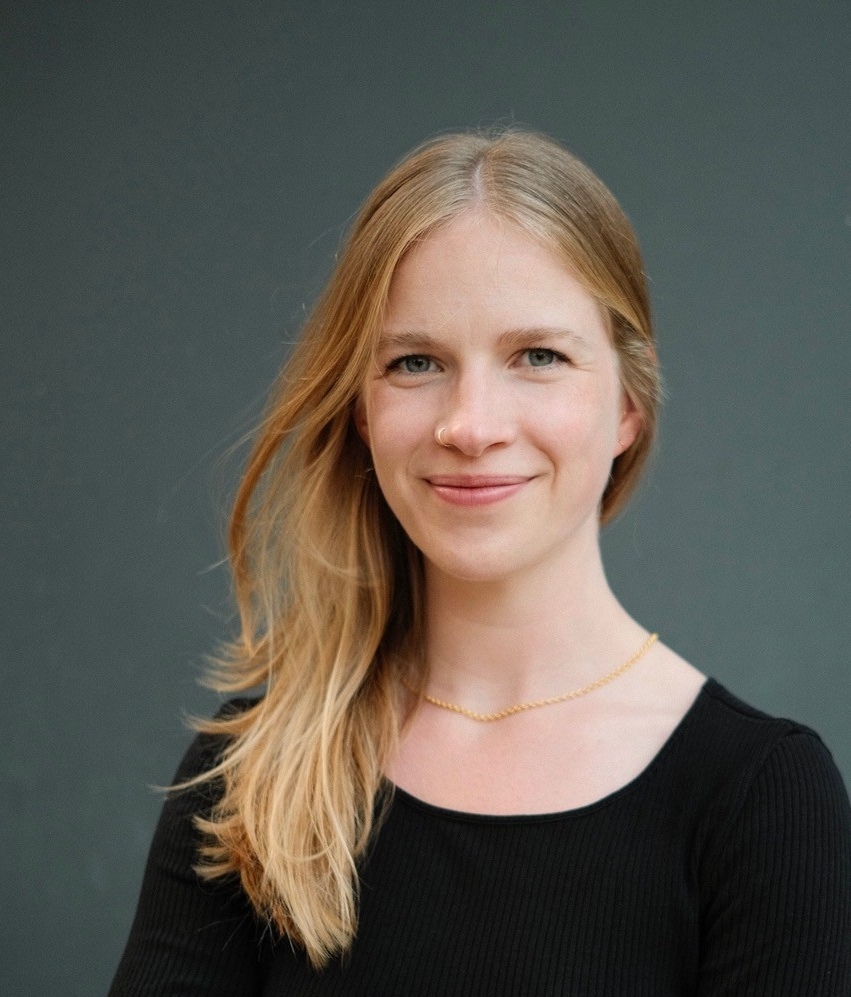Demographic Change and the Intergenerational Persistence in Homeownership in Europe
The DECIPHE project is the first to comprehensively study whether and how demographic changes in Europe impact the intergenerational persistence of homeownership – the chances of being in homeownership if parents were homeowners –, considering variations across countries, regions, and birth cohorts.
Latest News
- New Release: MicSim R Package Update
- New publication: Parental Influence on Their Children’s Homeownership Remains High in Germany, but Declining
- New publication: Young People’s Homeownership in Europe
Project Overview
The family of origin is crucial to overcome barriers to homeownership for young people. Specifically, parental homeownership increases the chances of offspring’s homeownership. Demographic changes bear on this intergenerational persistence, but how the transmission is affected is unclear. For instance, increasing life expectancies may reduce the resources that can be transferred for homeownership across generations. In contrast, low fertility in the parental generation may reduce the number of siblings competing for these resources. DECIPHE is the first project to comprehensively study whether and how profound demographic changes in Europe impact the intergenerational persistence of homeownership, considering variations across countries, regions, and birth cohorts.
We adopt a life course framework on housing tenure, in which individuals’ homeownership is shaped by their household members’ preferences and resources and contextual factors, including housing markets, cultural norms, and welfare institutions. Demographic changes related to romantic unions, fertility, mortality, and migration can impact the persistence of homeownership by affecting the degree of support from the parental generation and the preferences, opportunities, and constraints for entering homeownership in the offspring generation.
We apply a comparative research design covering all EU member states. We zoom in on four focus country cases: Germany, Hungary, Spain, and the UK. We will draw on available longitudinal data in combination with newly collected survey data, including survey experiments, and a novel contextual database. Our empirical results will inform a microsimulation model on the demographic conditions of the intergenerational persistence for predicting future scenarios. We will communicate results to diverse target audiences using data visualisation, explainer videos, and discussion fora.
Demographic change and economic inequalities are two defining issues of our time affecting old and young and their intergenerational relations. In the intergenerational persistence of homeownership, demographic change, and inequality interact. The consequences of demographic change are complex, particularly in interplay with other contextual factors, such as housing market dynamics, that may counteract demographic drivers. Therefore, our project will explore future development scenarios, taking into account the critical challenges and opportunities presented by demographic changes in European societies.
Team

Márton Medgyesi
Principal Investigator

Byambasuren Dorjnyambuu
Postdoctoral Researcher
Advisory Board
Jo Blanden
University of Surrey
Rory Coulter
University College London
Caroline Dewilde
Tilburg University
Clara Mulder
University of Groningen
Frans Willekens
NIDI
Funding
Funded by the Volkswagen Foundation within the programme „Challenges and Potentials for Europe”.













